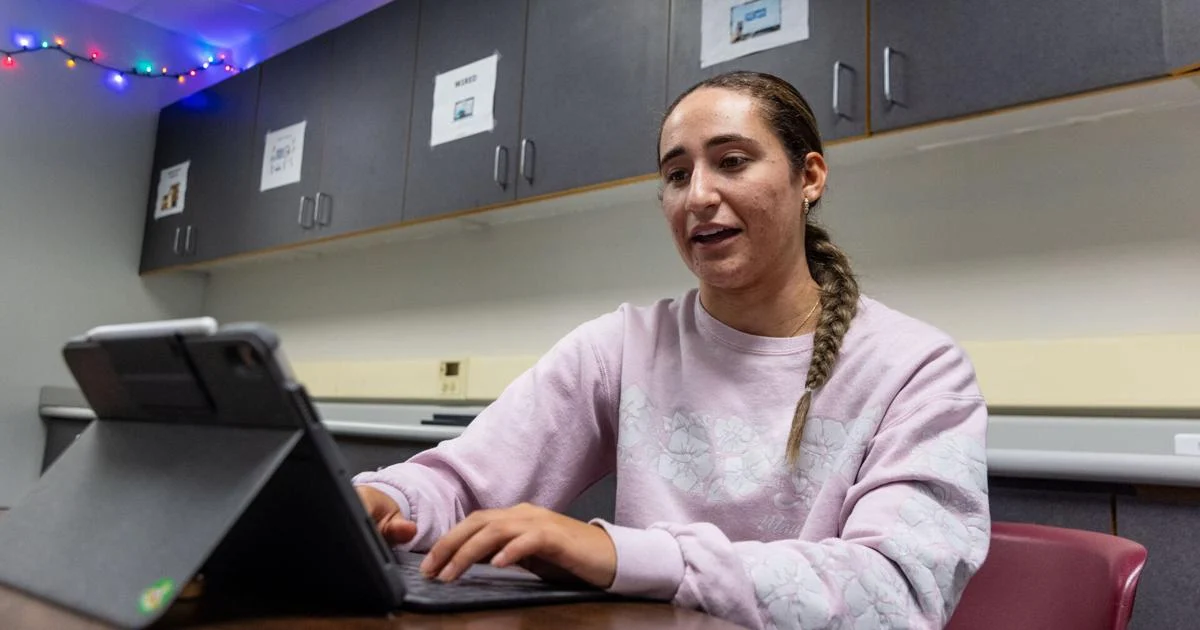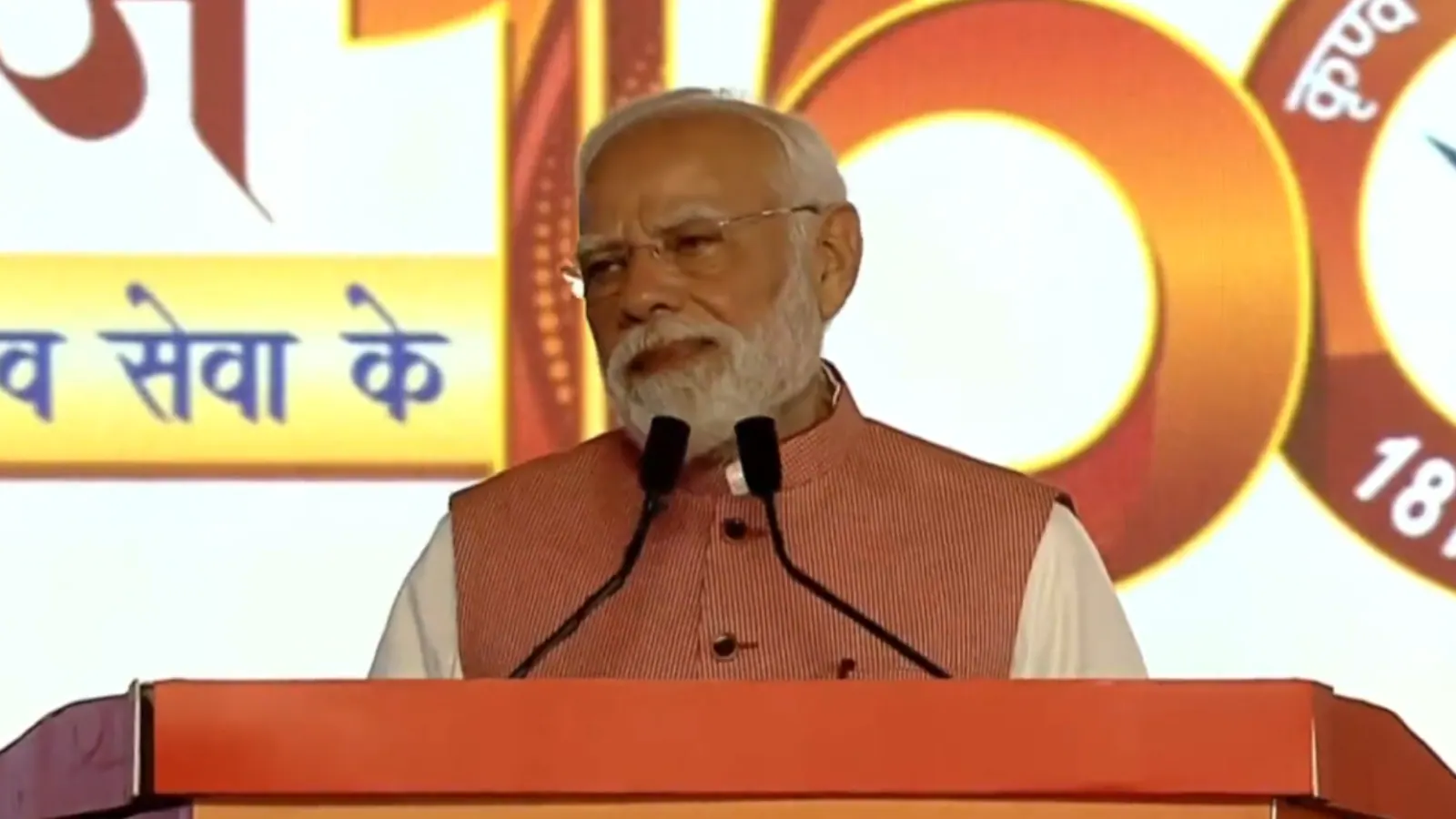Copyright thehindu

Union Education Secretary Sanjay Kumar has said that India’s progress and the next growth story must be led by education, technology, and innovation. “All transformations begin in school. The foundation of Viksit Bharat lies in our classrooms,” he said, urging school boards to accelerate reforms. Mr. Kumar was delivering the valedictory address at the 54th annual conference of the Council of Boards of School Education (COBSE), organised by the Council for the Indian School Certificate Examinations (CISCE) at its centre, on Friday. In the journey to Viksit Bharat, he said that school boards need speed and vision in education because the window will close fast: “India is young today, but we will age soon. This is our decisive window of opportunity - if we miss it, the cost will be generational.” Highlighting the complexity of the school education system in India, which about 24 crore students are part of, he called for collective introspection of the school boards to achieve meaningful outcomes. He also stressed that assessment must meet world-class standards. Mr. Kumar also touched upon the significance of learning in mother tongue and trans-languaging. “Our fascination for instructional language needs rethink. The boards must promote multilingualism to preserve the soul of Indian education,” he said. Principal Secretary (Education-Telangana) Yogita Rana emphasised on shifting education from rote to reflective learning. “We must move from recall to thinking. Assessment should be a feedback engine, not a post-mortem report,” she said. On Telangana’s innovations, she noted Information and Communication Technology ICT-enabled classrooms, 90% attendance through face-recognition systems, and global collaborations in foundational literacy. She also cited teacher exchanges with Japan and Finland, Telangana Skill University, and the school breakfast scheme. For CISCE chairperson G. Immanuel, educators must break free from outdated pedagogies. “We still teach as we did decades ago. NEP 2020 gives us the freedom to innovate - only then can teaching and learning become truly effective,” he said. The three-day conference, attended by over 70 school boards from India and abroad, “resolved to make Indian education globally competitive yet deeply rooted in its civilizational ethos.”



